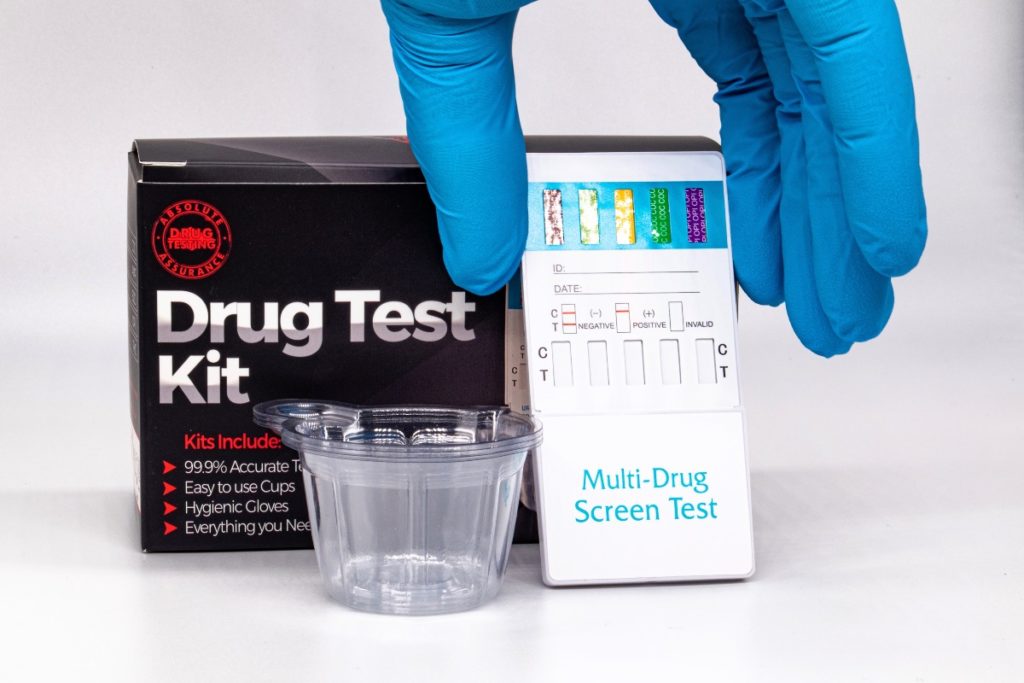People come into treatment to recover from addiction for various reasons. While each person may be working to overcome an addiction, the events that led them toward treatment may differ. As many substances have criminal charges involved with use, you may be working through a legal probationary period while in recovery. Managing both of these at the same time may feel challenging, but many of the long-term goals are the same.
Main Challenge
There are a few challenges that commonly occur with probation during recovery. Time management is a big obstacle, especially if you are employed during this time. Managing your schedule for work, recovery, and probation requirements can be extremely taxing. This is a great example of the potential benefits of being transparent with your employer. If your employer is aware of your situation, they will likely be able to work with your probation and recovery requirements.
Your recovery team can also adjust your schedule to ensure you are managing your probation requirements. Your probation officer will likely be in contact with your treatment team and aware of your recovery obligations. If you try to manage your time as best as possible and ensure you attend the required events, you likely will be able to manage the obstacles.
What to Expect
You will be informed of the regulations you are expected to follow when beginning probation; however, having a general understanding of what may be required can help ease the stress of balancing these steps along with recovery. The following are common expectations during probation.
Randomized Drug Tests
With most probation programs, you will be required to be subject to random drug testing. Some programs have a number you must call each day and state a color. You are assigned to a color group before calling. If your group is called, you are required to take a drug test that day. Because of these last-minute drug testing requirements, calling first thing in the morning is highly recommended, giving you more time to complete this action.
As you remain sober throughout recovery, this can be a strong reinforcing factor to motivate sobriety. As you have already dealt with some form of legal trouble, you likely do not want to get caught using the substance again.
Case Manager/Probation Officer
As well as random drug testing, you will likely need to meet up with your probation officer. During probation, individuals are typically assigned a case manager to check up on them and ensure they are following the expectations of probation. This is the main person you can reach out to with any questions regarding the probation period. You will likely be required to inform them of your progression through recovery and follow the expectations they give you.
You will be working with two different case managers during this phase: one dedicated to your probation expectations and another to your recovery. These case managers will likely discuss your progress together and develop a plan to help you succeed.
Potential Consequences
Ensuring you are following the rules of probation during recovery is essential for your legal safety. Failure to comply with the expectations of probation can potentially lead to further citations or jail time. As the end goal is the same with recovery and probation, we hope you can use this as a motivating factor to remain sober and work through recovery.
Ease the Challenges
Managing probation and recovery at the same time can be stressful; however, it can be helpful to think about the end goals you have for each of these programs. The end goals are essentially the same when it comes down to it. If you think of both of these programs working in correlation to each other, their obstacles may seem less intimidating.
As you work through recovery, the skills you gain will simultaneously help you remain sober and fulfill your probation expectations. As you maintain sobriety and work toward clearing the legal requirements, your progress in recovery will also excel. Thinking of these two programs as assistance can help you see how they each positively influence each other, leading you to success in both.
If you are struggling to fulfill the expectations of both programs, reach out to your case managers and let them know what aspects you are struggling with. You may be able to adjust your recovery or probation plan to overcome some of these struggles and set yourself up for success. Remember that your case managers are there to help you and assist you in your journey to sobriety maintenance.
You may find that there are various requirements you are expected to complete through the probation and recovery phase. It can seem overwhelming to overcome these large obstacles; however, the way you perceive these stressors can significantly impact your potential success. As these programs have similar end goals, working on both simultaneously can be extremely beneficial. Probations can add more potential consequences for not maintaining sobriety, which could serve as a motivating factor. Clear communication is essential to ensure you properly schedule your obligations to both programs, not allowing them to overlap. Attendance and timeliness are vital in probation and recovery success. Both will help influence you on the path of long-term sobriety. Take advantage of these resources and use probation as a benefit to your recovery. To learn more about balancing the obligations of probation and recovery, reach out to Dream Recovery at (949) 732-1960.

